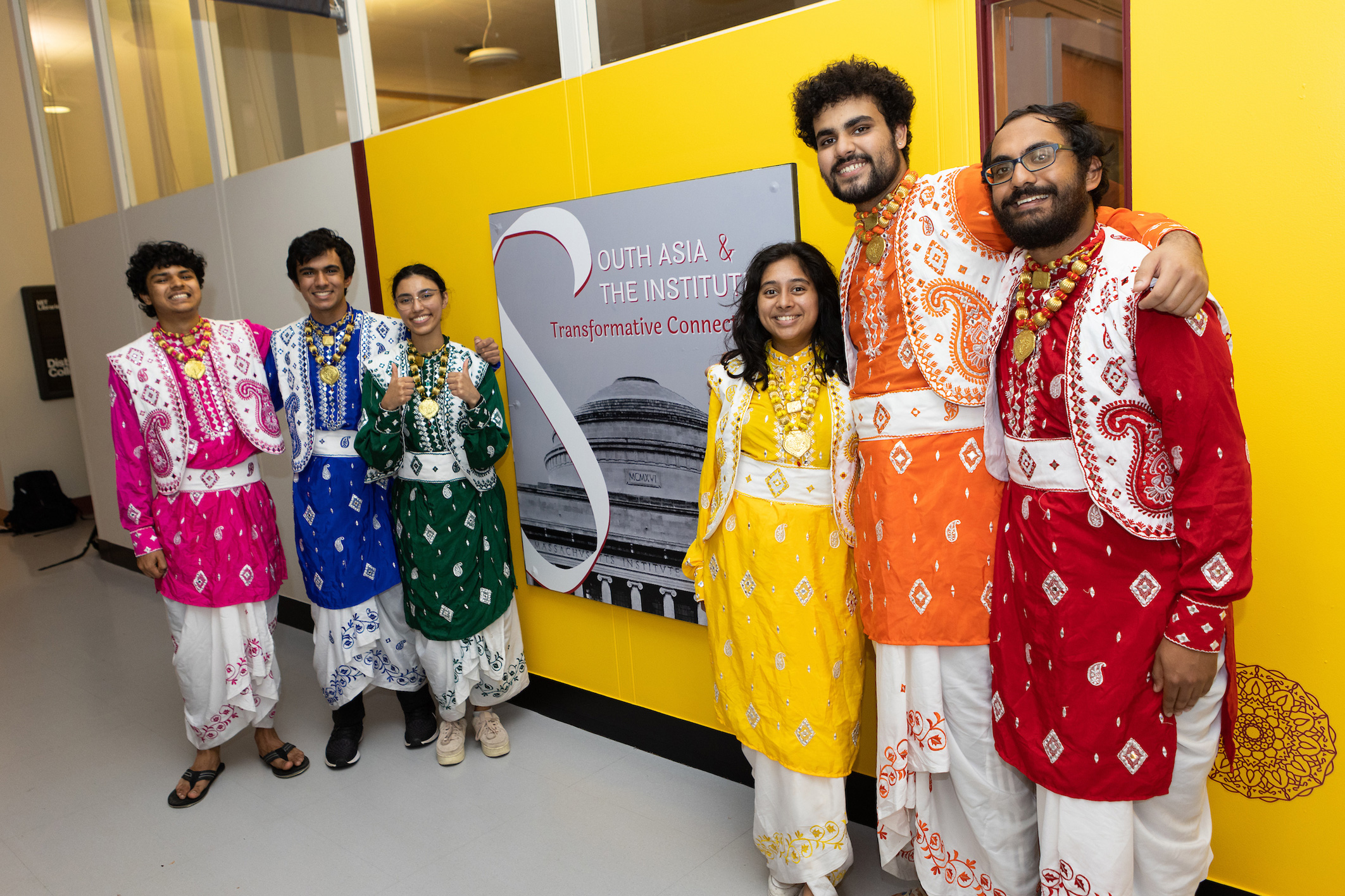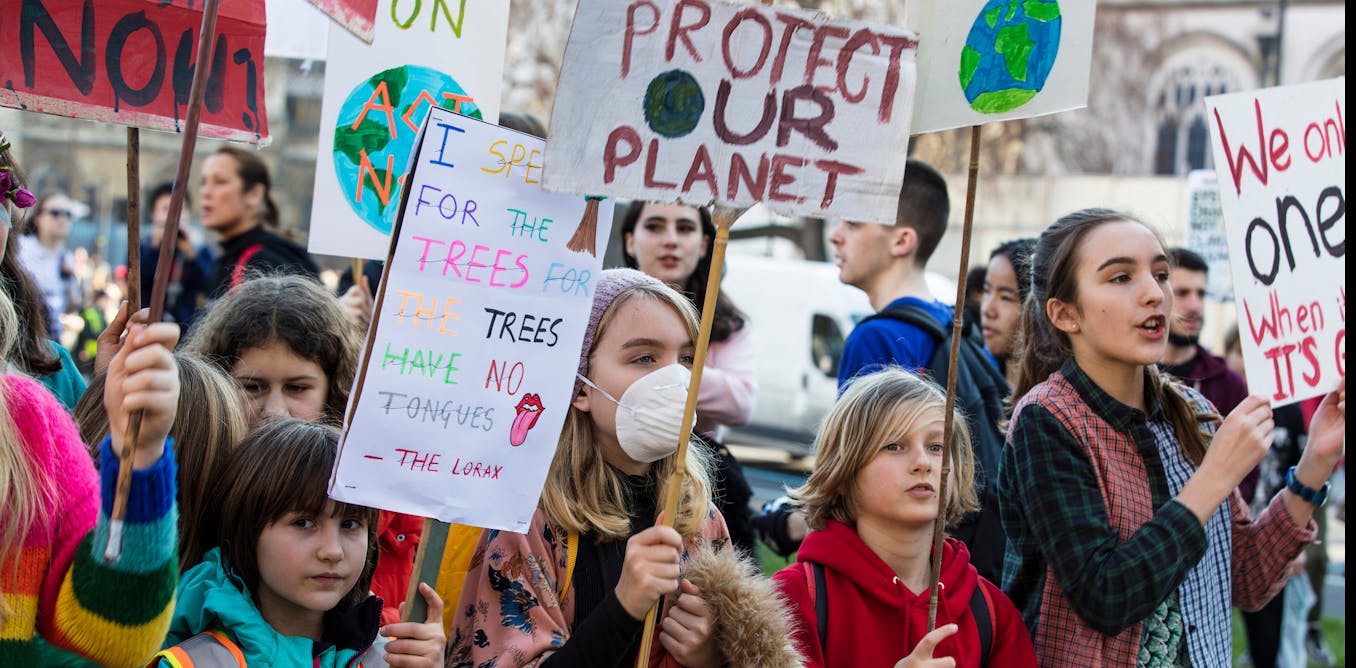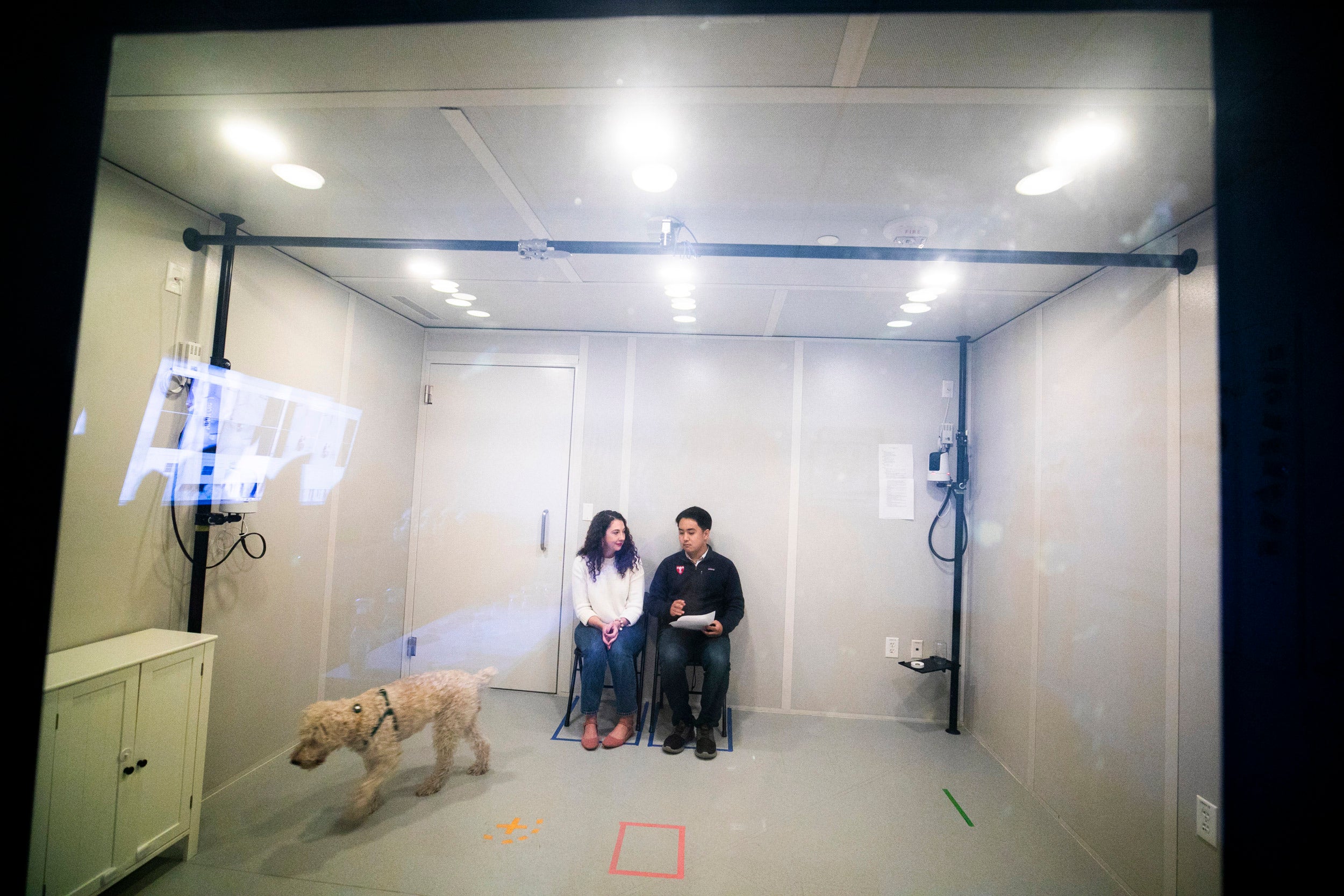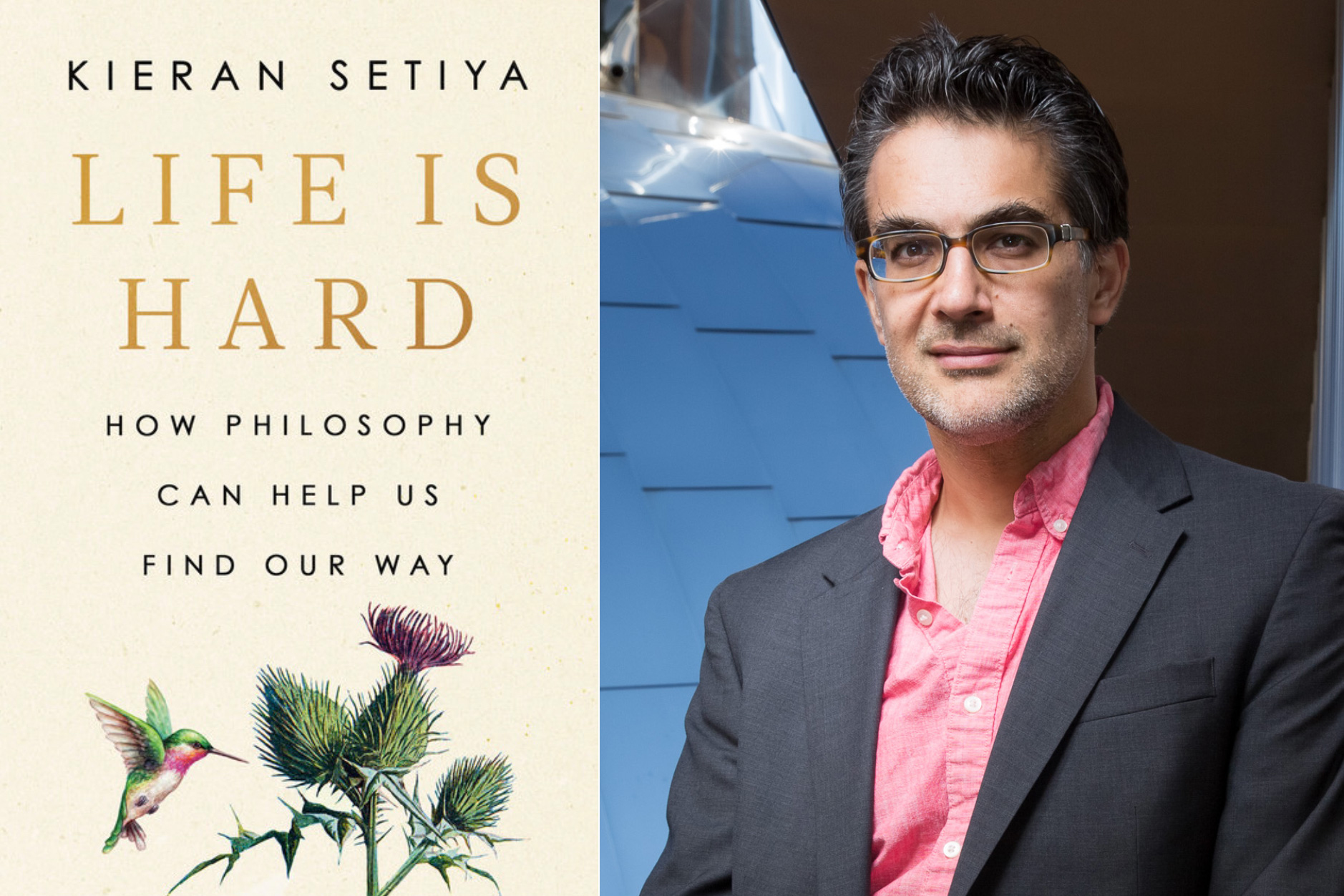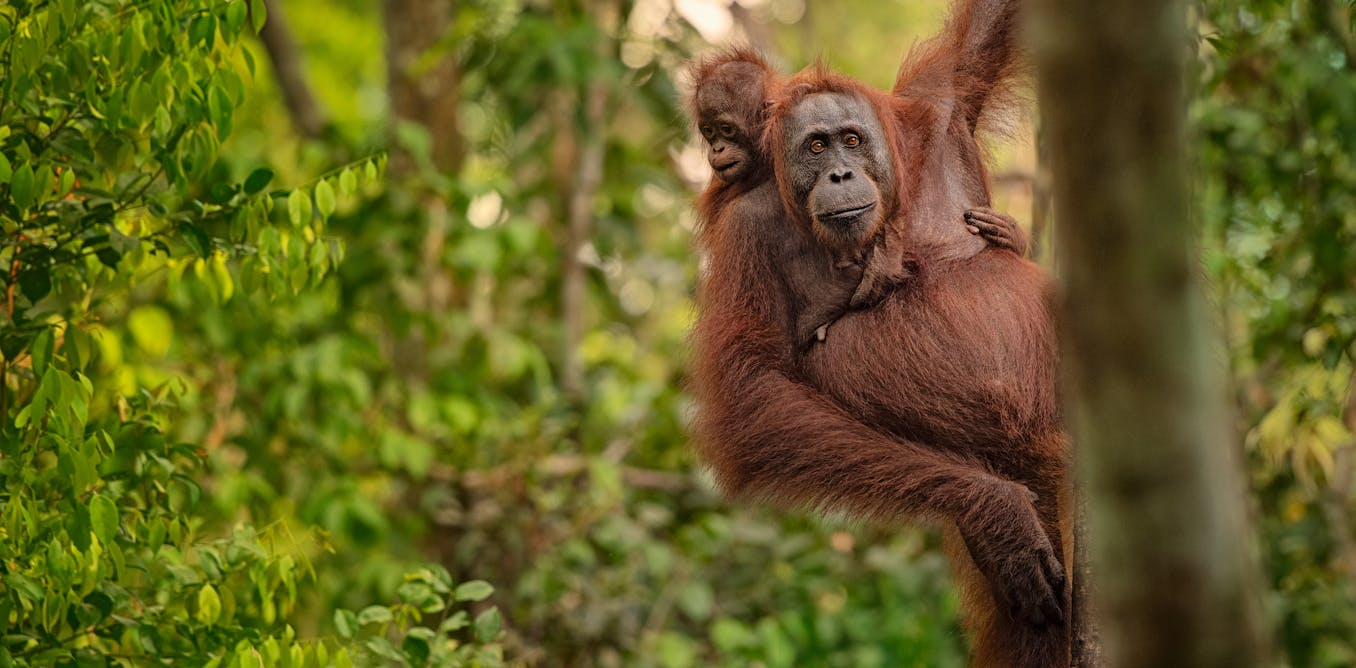COP27: how young climate activists are changing international human rights law
Given how much young people have achieved in the fight against climate crisis it’s crucial their voices are really heard at COP27.
Aoife Daly, Lecturer in Law, University College Cork •
conversation
Nov. 10, 2022 • ~8 min
Nov. 10, 2022 • ~8 min
Neanderthals: how a carnivore diet may have led to their demise
Zinc in their bones reveal that these early humans were top of the food chain.
Paul Pettitt, Professor in the Department of Archaeology, Durham University
• conversation
Nov. 3, 2022 • ~8 min
Nov. 3, 2022 • ~8 min
8 billion humans: How population growth and climate change are connected as the 'Anthropocene engine' transforms the planet
The UN estimates the global population will pass 8 billion people on Nov. 15, 2022. From the Stone Age to today, here’s how things spiraled out of control.
Manfred Laubichler, Global Futures Professor and President’s Professor of Theoretical Biology and History of Biology, Arizona State University •
conversation
Nov. 3, 2022 • ~9 min
Nov. 3, 2022 • ~9 min
Celibacy: family history of Tibetan monks reveals evolutionary advantages in monasticism – podcast
Listen to the first episode of Discovery, a new series available via The Conversation Weekly podcast, telling the stories of fascinating new research discoveries from around the world.
Gemma Ware, Editor and Co-Host, The Conversation Weekly Podcast, The Conversation
• conversation
Oct. 31, 2022 • ~3 min
Oct. 31, 2022 • ~3 min
Intuitions about justice are a consistent part of human nature across cultures and millennia
What people consider to be fair and just today are in line with the laws of ancient Mesopotamia and the Tang Dynasty in China – suggesting that these intuitions are part of human nature.
Carlton Patrick, Assistant Professor of Legal Studies, University of Central Florida •
conversation
Oct. 21, 2022 • ~9 min
Oct. 21, 2022 • ~9 min
/
92

